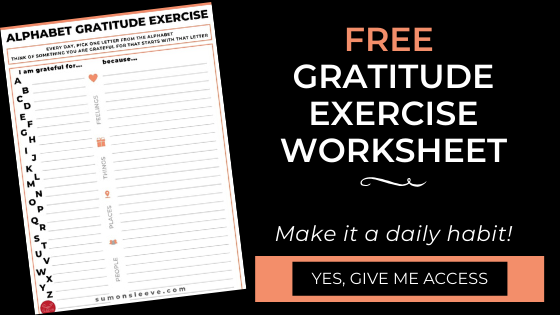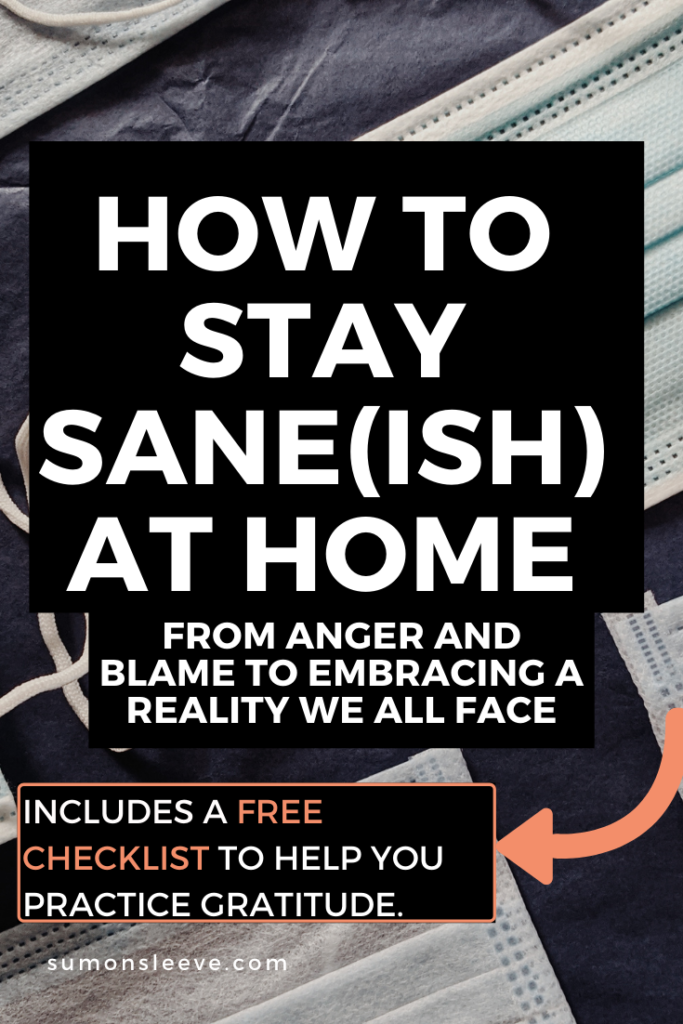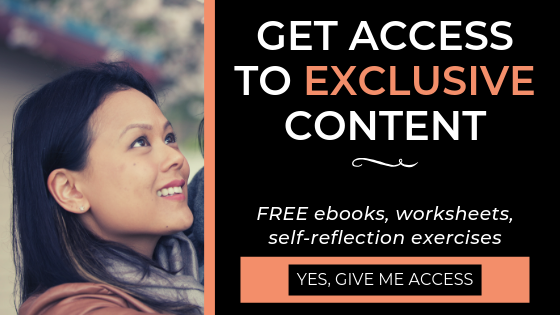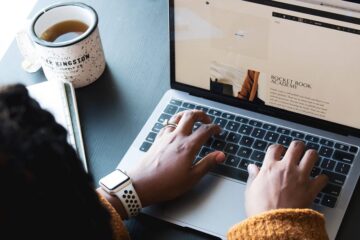Social distancing. Physical distancing. Stay positive. Test negative. Stop the spread. Stay at home. Keeping sane during COVID-19 pandemic.
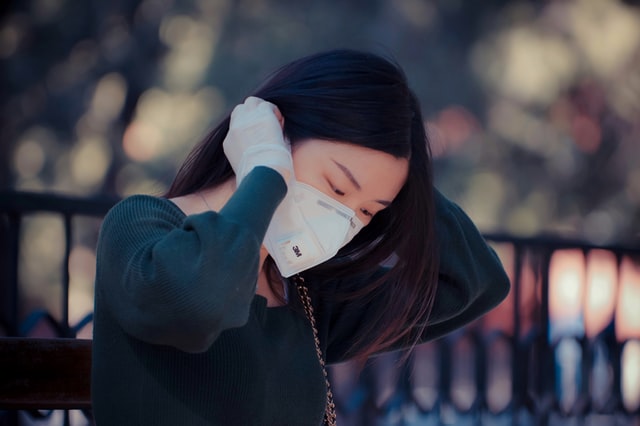
10, 9, 8, 7, 6, 5, 4, 3, 2, 1…Happy New Year!
2020 came.
Then a couple of months later, we started to quarantine. A global pandemic took over our lives.
It was called social distancing then it was physical distancing.
Stay positive. Test negative.
Stop the spread. Stay at home.
Enough said.
Have you pulled your hair out?
Picked at your fingers? Your toes? Your face?
Punch the walls? Climbed the walls? Ripped off the wallpaper?
I was a few months postpartum when it started
I’m an introverted homebody who thrives at home. I’m usually the one who prefers a quiet night playing boardgames over a crowded, ear-piercing concert, bobbing around like apples in a bucket of sweat.
When we were told to stay at home, I had just given birth to our son. We were already staying at home 24/7. It didn’t require us to change much of our routine. We had been washing our hands frequently, eating at home, limiting visitors…etc. I needed the time and space to heal so we naturally hunkered down.
At first, it felt like an extension of the newborn phase
The busyness and exhaustion of caring for a newborn overshadowed what was going on with the pandemic. My mind was focused on feeds, diaper changes, naps and my own recovery, sheltering me from the panic and stress many folks faced while adjusting to staying at home.
A couple of months pass and I’m feeling rested. He started sleeping through the night and I was getting stronger in my recovery. My husband had been running all the errands and I was feeling unproductive so I decided to go grocery shopping. I hadn’t left the house for so long that when I started my car, it felt like I was escaping from a mad man’s bunker.
It hit me like a ton of bricks
I park my car, put my mask on and grab a shopping cart. I see the long line of people waiting to enter the store. I push my cart to the end of the line and I’m getting anxious.
How long will I have to wait to get in?
30 minutes later, I enter the store.
I feel rushed. I’m paranoid. I don’t want to touch things. I don’t want to pick vegetables and fruits. I don’t want to go down aisles where people are there. I can’t touch my face. I can’t scratch an itch. I hold in my sneezes. I hold in my coughs. I limit my breaths. I refrain from speaking. I’m silent.
I don’t want people near me. I want to get the essential items on my list and leave. I can sense the tension around other shoppers. I can’t shop around, looking for deals, finding new foods that my family might enjoy.
It’s eerily quiet because the store is half empty. Everyone is on edge, extra cautious, tiptoeing like we had force fields around each other.
I line up to pay for my items. I see the cashier’s nose is running but I don’t want to switch lines as that would extend my shopping trip. I hold my breath under my mask as long as I can while I pay. I don’t want the cashier to touch my bags. I remember where she touched and I avoid touching those areas.
I speed walk to my car, throw the bags into my trunk and flop down in the driver’s seat. I pump some hand sanitizer onto my hands and fiercely rub them together like I’m about to perform surgery. I drive home and immediately entering, I strip off all my clothes and run upstairs to take a shower.
While scrubbing myself clean, I realized I’m not immune to the anxiety and stress that COVID-19 has caused, ripping through societies across the world. I was scared. I had no control over what had happened, what was happening or what was going to happen. I felt helpless and vulnerable. It was an invisible force that had crept up behind me and I was the frog slowly boiling to death.
At first, I was hysterical…
I told myself,
“I’m never leaving the house until an effective vaccine is created, mass produced and distributed.”
I started taking an inventory of the supplies we had and how long that would last before I needed to do another trip to the store.
“Is that enough toilet paper? Do I need to fight a fellow Asian mom to get the last one at Costco?”
“We don’t need to buy bread. I can make that home.”
“How long can we live off canned and frozen goods?”
But of course, that was unrealistic and unfeasible given we had a baby and a preschooler in the house. Thankfully, I didn’t end up becoming a hoarding asshole who emptied the shelves of non-essential items.
Because you never can have too much mustard and Kraft dinner right?
So, I became angry…
I started watching documentaries on who and what caused the virus, reading news and updates on what the government was doing about it. Whenever I left the house, I’d glare at anyone who came near me, rolling my eyes as I crossed the road to avoid them. I became an overly protective mama bear whenever I was out with my kids. You could hear me growling at strangers whenever they came close.
I hated the situation I was in. It wasn’t fair. The world was against me. I had nothing to do with this virus and yet the universe was punishing me. I needed to find certainty in this uncertain time, something to blame, someone to point the finger at.
Then, I became a negative vortex…
Have you ever met a Debbie Downer who always complained about how life sucks and everything is going to crap?
If it’s not the weather, it’s the government. If it’s not the government, it’s her coworkers. If it’s not her coworkers, it’s her landlord. And if it’s not her landlord, it’s gas prices.
OMG, and it continues on and on and on.
How do you feel when you meet someone like that?
Pretty awful.
And I became that awful person. It’s hard not to get sucked into the negativity. It’s so easy to blame others and look at problems as other people’s doing. It’s never our fault when things go wrong. We are angels and we do everything right.
Fear determines our actions and reactions
But then when I stepped out of that negative vortex, I realized why it’s so easy to complain. Deep down, I was scared to change.
I was afraid to embrace the reality and take control, to create a better living situation that I deserved and make do with what I had. I’d rather focus on things I could not control as a way to justify my fear.
I can’t control those things so therefore, I have a right to complain.
I was playing the victim card in a situation where there were no villains.
Don’t compare your experiences with others because it’s affected everyone differently.
Although I can only speak of my experience and how I’m managing during this unprecedented time, I know it’s affected everyone differently. Everyone reacts and responds differently because everyone experiences it differently. It’s detrimental to our mental wellbeing when we compare individual experiences because then it becomes a game of “Who deserves empathy for their pain?”
However, any pain is a pain to someone and practicing empathy for all is what makes the world a kinder and more compassionate place.
Everyone is struggling, some financially, some emotionally, some physically; some are mourning lives lost and some are devasted from jobs lost. Some are trying to keep their heads above water while working at home with their kids; others have become workaholics, diving deep into overtime to keep their jobs afloat.
I took control of my mindset
Instead of spiralling into the vortex, I leaned into the present and focused on the future. I honed in on what I can do, what I’m good at doing and what I love doing. And that gave back my control, returning the certainty that I needed to help qualm my fears.
I knew that if all I saw were problems without solutions, I was part of the problem. If I’m not growing, I’m dying.
I wanted to grow and I wanted things to change.
So I started with myself.
I took control of my routine
Focusing on things I can do during the day takes my mind off of the things that I can’t do or are limited to.
Things that are part of my routine include brushing my teeth, flossing, making coffee and tea, cooking dinner, taking my multivitamin, vitamin D* and fish oils, moving my body for a minimum of 30 minutes, creating at least one piece of content and playing with my kids in whatever capacity I can.
A study published in The Lancet (August 2020) states:
“there is a chance that their (vitamin D) implementation might also reduce the impact of COVID-19 in populations where vitamin D deficiency is prevalent; there is nothing to lose from their implementation, and potentially much to gain.”
I took control of what I followed
I don’t watch documentaries or follow news sites that give hourly updates on the pandemic. Compulsively exposing myself to unnecessary information that makes me feel like the world is ending is toxic to my mental and emotional state.
If something is important enough for me to know, the information will find its way to me. I’m surrounded by people who are glued to the screen so if it’s groundbreaking, I’ll know.
I took control of what our family ate
I cook all our meals at home. I started leaning into the skill, reflecting on the influences I had growing up, digging up tips and tricks my mom taught me and creating a blog post and video series.
I began appreciating the ingredients that are put together in a meal. Embracing this change in our home made me realize how much food is wasted every year in Canada. The time at home inspired us to start a garden, sharing my story of why wasting food meant so much to me and the practical ways I do to reduce it.
I took control of my voice
Want to make a difference in the world?
Do something you enjoy for the people you care about.
From March to November 2020, I published over 40 blog posts, 60 videos and 50 podcast episodes on topics ranging from coping with the loneliness of motherhood, my ongoing eating disorder recovery, to how to deal with overly critical people.
I created for the purpose of helping others. I wrote. I recorded. I filmed. I told stories. I made my talents available to those who needed to hear an uplifting and encouraging voice while being candid and upfront.
In the late spring, an increase of racial discrimination targetting the Asian population started as a result of blame placed on them for the outbreak of the virus.
As a Chinese Canadian, it was disheartening to hear these acts of injustice happening in my own neighbourhood. It wasn’t long since I was in the blame and fear zone so I wanted to raise awareness on how we need to spread hope and love, not hate and anger.
I took the opportunity to be interviewed on the local Chinese news channel, FairChild TV to share my story of growing up in Canada, how I learned to love myself and to embrace my culture, the importance of supporting our families and working together during this difficult time.
There’s no going back to the way it was…
With any change that happens in our lives, whether due to external factors or self-initiated, we are never the same as we were before. Time only moves forward.
There is only a new normal, then it becomes the norm. Staying at home has tested my resilience, made me adopt new habits, appreciate quietude and self-reflection, shedding light on what really matters and humbling me to think beyond myself.
The impact of this pandemic will shape generations to come. We‘ve been forced to adapt as a species; it’s not just the masks that have embedded into the fabric of our lives but a shared experience across the globe that has transcended all cultures.
